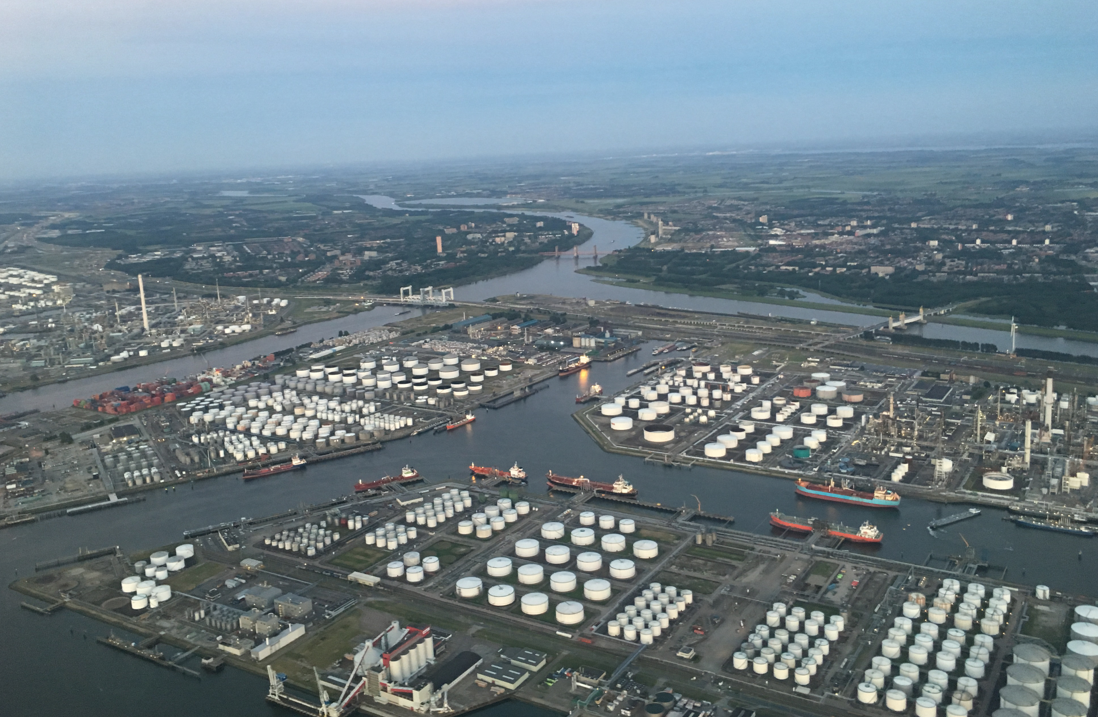Geopolitical tensions abroad pose biggest risk to Dutch economy

The biggest risk currently facing the Dutch economy and financial stability are geopolitical tensions elsewhere, and both households and industry are better placed to absorb risks than in the past, according to an analysis by macro-economic think-tank CPB.
“In particular, companies have been reducing their debts,” CPB director Pieter Hasekamp said. “The economy remains strong, given the coronavirus pandemic and the energy crisis.”
Hasekamp was speaking at the publication of the CPB’s annual review of potential risks facing the financial markets, which will be discussed by MPs next week.
That analysis says the wars in Ukraine and the Middle East, and a possible trade war between the US and China form the biggest risks to the Dutch economy, given the Netherlands’ strong international orientation and focus on trade.
This means that problems in other countries can lead to inflation, lower economic growth, and a fall in spending power, the CPB said. In addition, companies are less likely to invest in times of uncertainty and there is a risk of unease on the financial markets.
However, given that corporate debt has fallen sharply over the past 15 years and profits have risen, Dutch industry will be able to absorb any economic shocks relatively well, the CPB says. Problematic debts are mainly with young, small and loss-making firms, but they do not form a risk to the country’s financial stability.
Central bank
Meanwhile, the Dutch central bank says lower inflation combined with a rebounding economy is having a positive effect on financial sector stability.
“At the same time, uncertainty is increasing. Geopolitical tensions or persistent inflation may lead to a financial market correction and heightened risks for banks, insurers and pension funds in the Netherlands” the bank said in its latest Financial Stability Report.
“Geo-economic fragmentation can hit our financial sector through the economy and other channels,” central bank director Klaas Knot said. “The turmoil in today’s world demands a strong European Union more than ever. Strengthening the European single market, the capital markets union and the banking union will make the Dutch economy more resilient.”
Thank you for donating to DutchNews.nl.
We could not provide the Dutch News service, and keep it free of charge, without the generous support of our readers. Your donations allow us to report on issues you tell us matter, and provide you with a summary of the most important Dutch news each day.
Make a donation